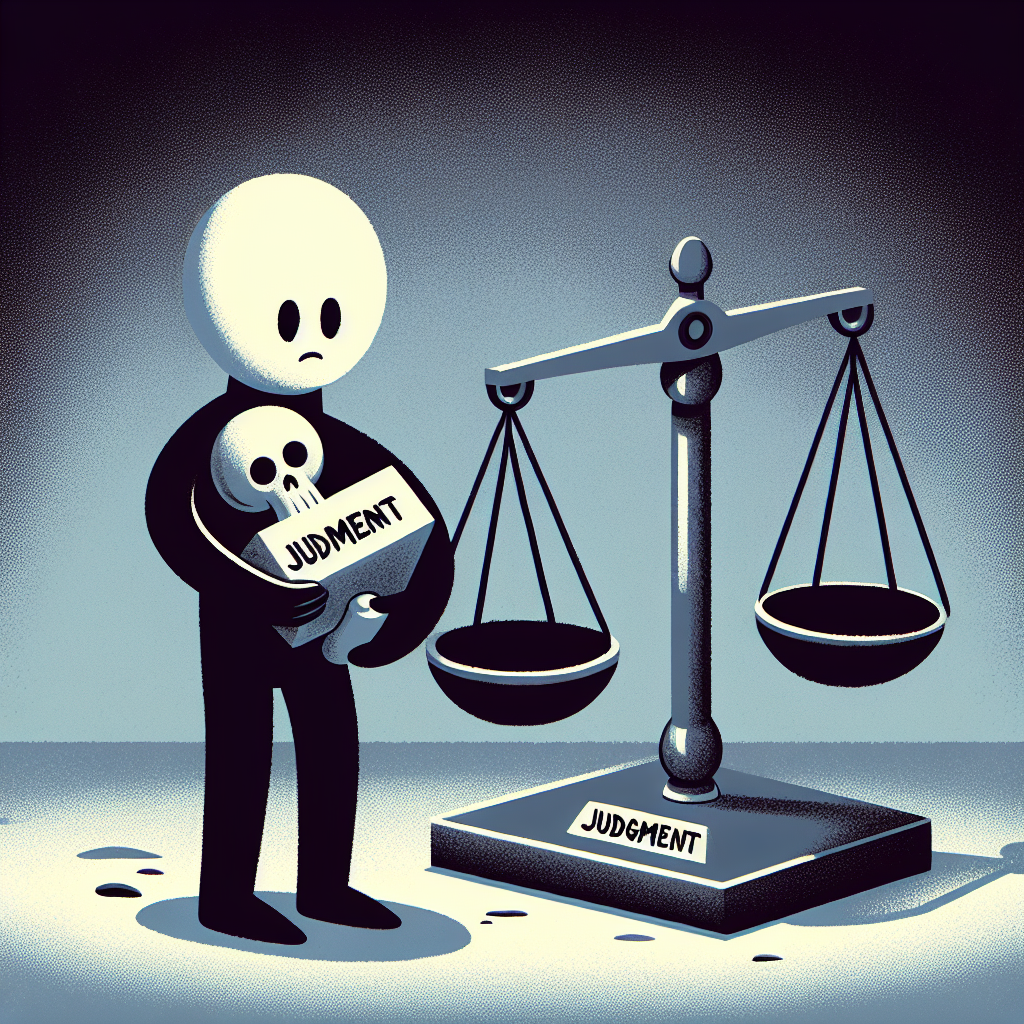Utah's Death Penalty Dilemma: A Case of Political Activism and Capital Punishment
Utah prosecutors are pushing for the death penalty for Tyler Robinson, charged with murdering political activist Charlie Kirk. The decision centers on the severity of the crime and risks posed. The state has a low execution rate and public opinion on capital punishment is declining nationwide.

Utah prosecutors announced their intent to seek the death penalty against Tyler Robinson, a trade school student accused of assassinating right-wing political activist Charlie Kirk during a public event. Robinson, charged with aggravated murder, allegedly targeted Kirk for his political stance and exposed children to the act.
The decision highlights Utah's rare use of capital punishment, with only seven executions since 1976, below the national median. Execution methods in Utah primarily involve lethal injection, though convicts who previously chose the firing squad remain eligible for this method.
Public support for the death penalty continues to dwindle, with just over half of Americans favoring it, according to a Gallup poll. Legal experts note declining death sentence rates and prolonged case durations that burden victims' families. Utah's financial commitment to such cases significantly exceeds those pursuing life sentences.










